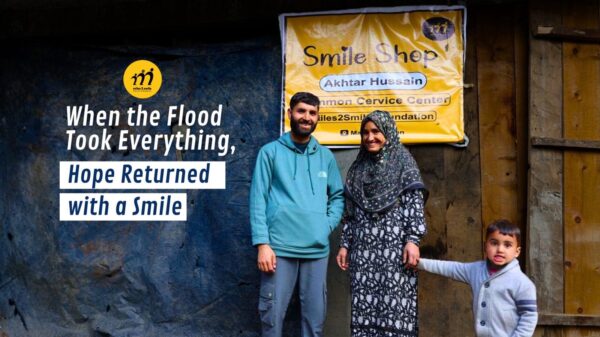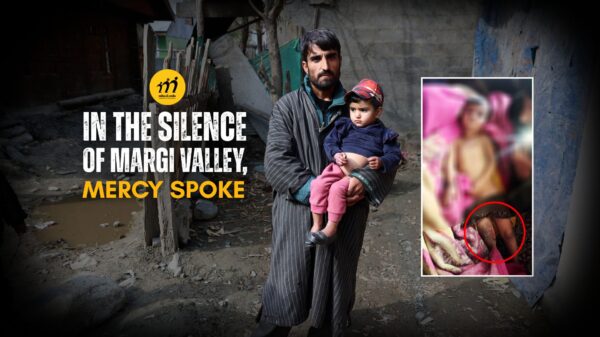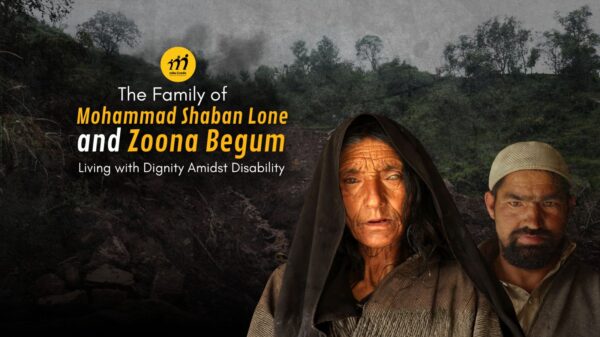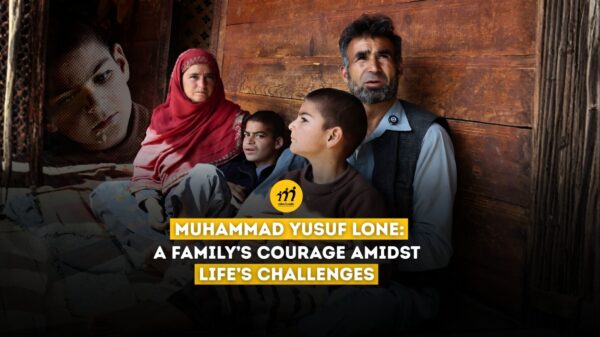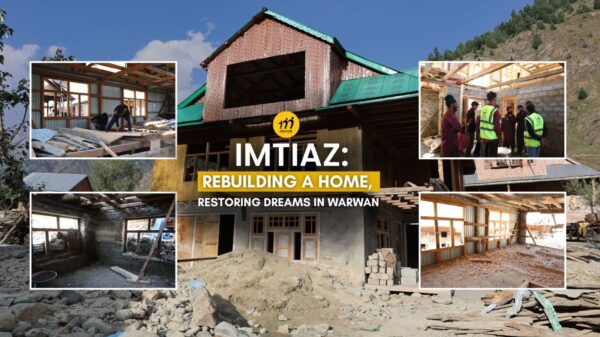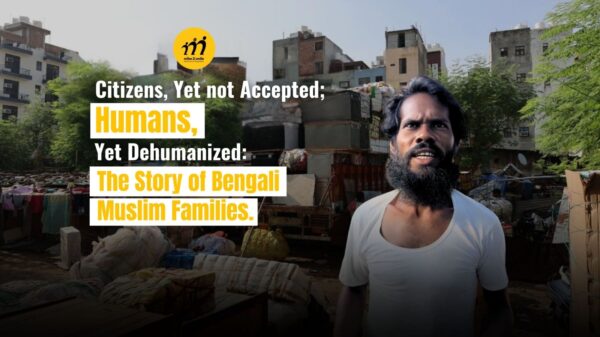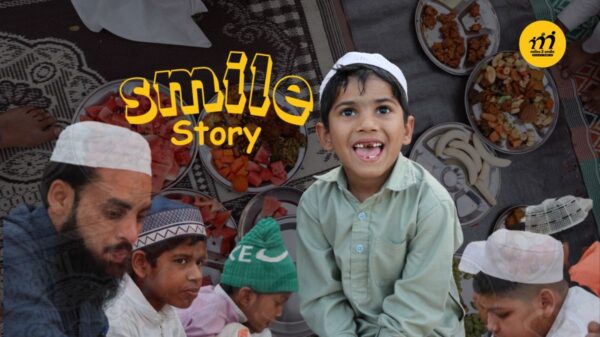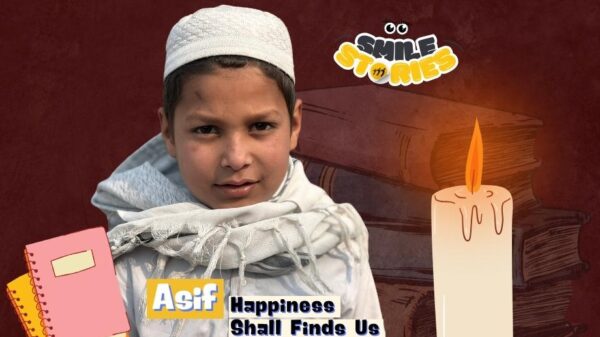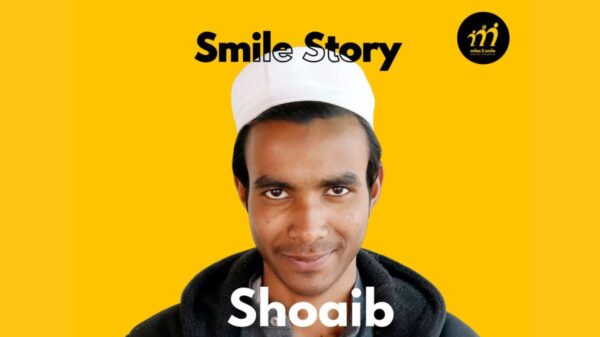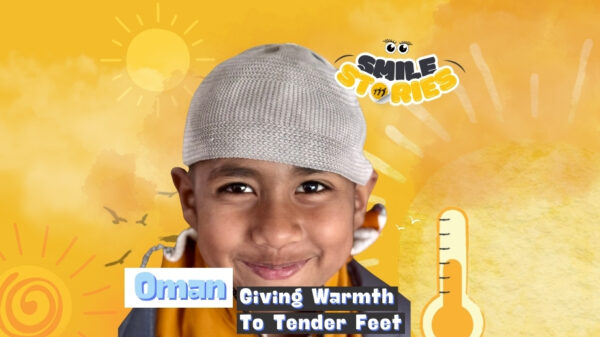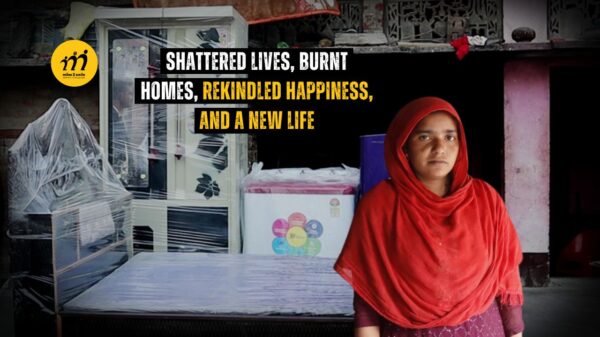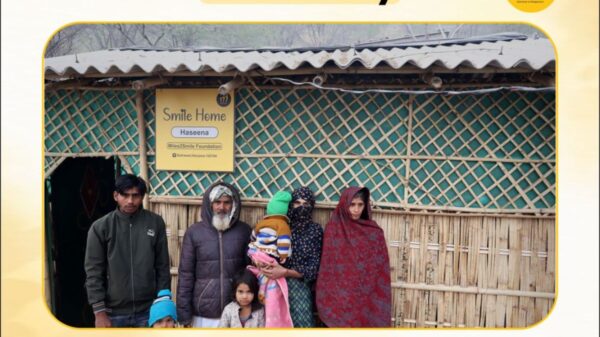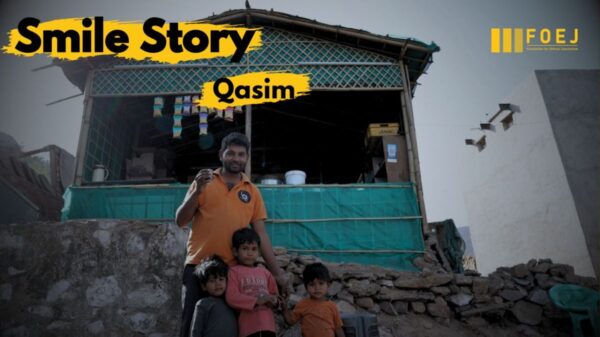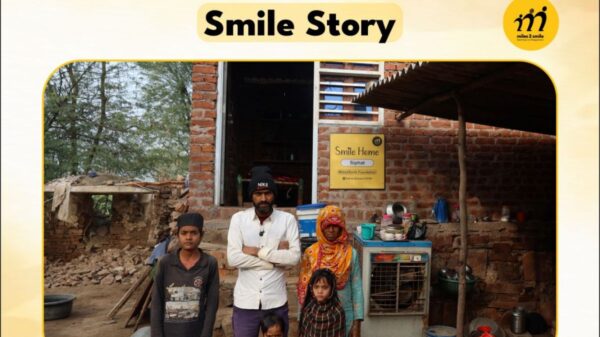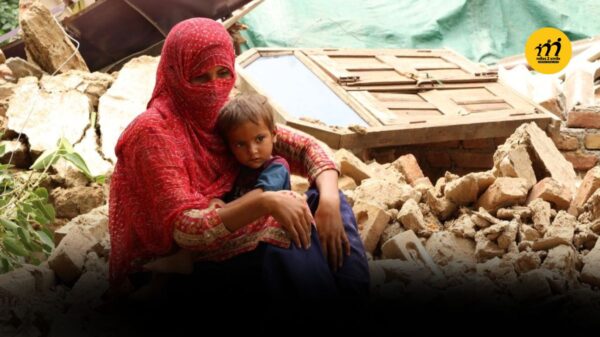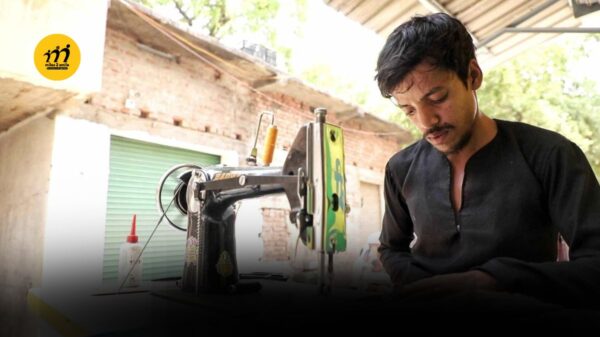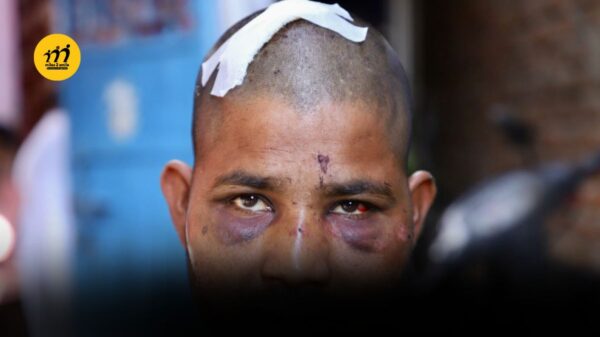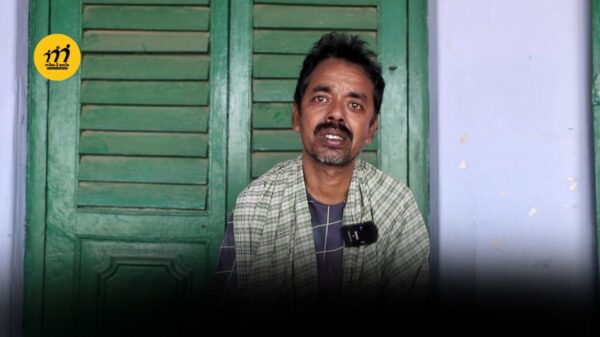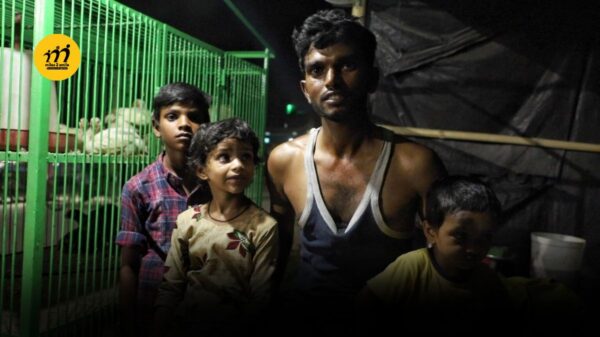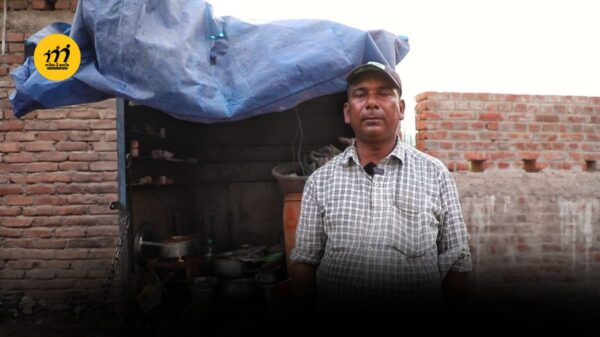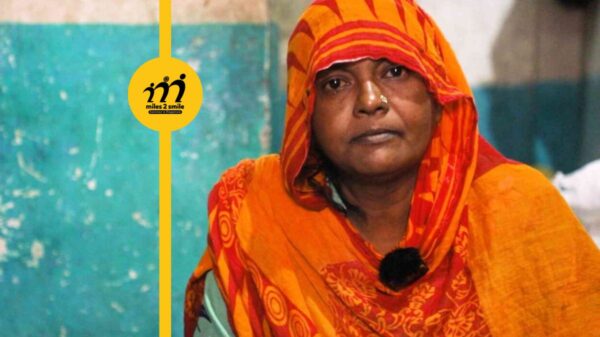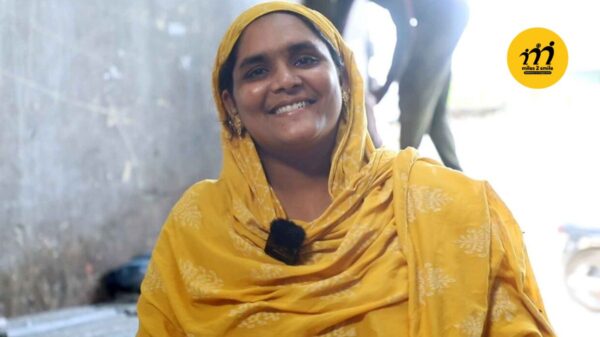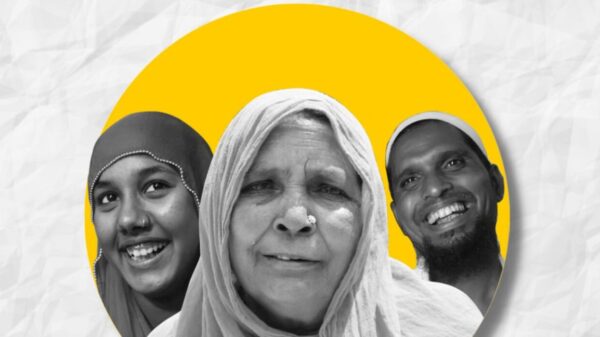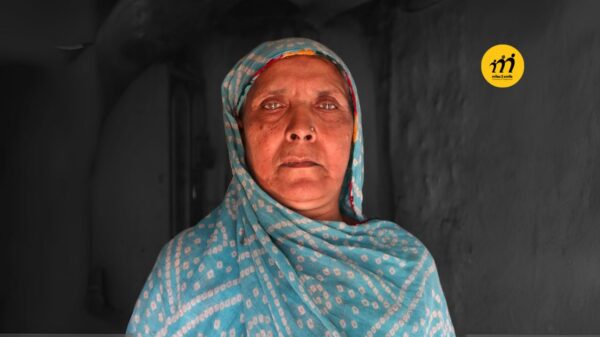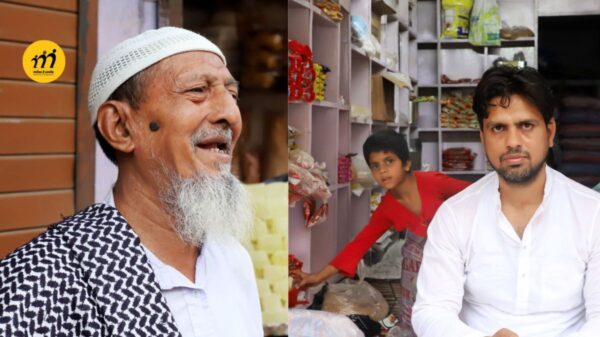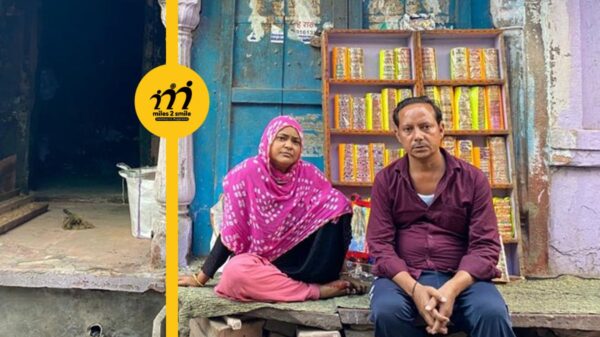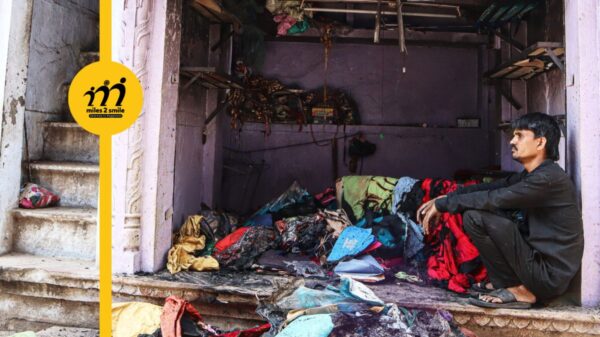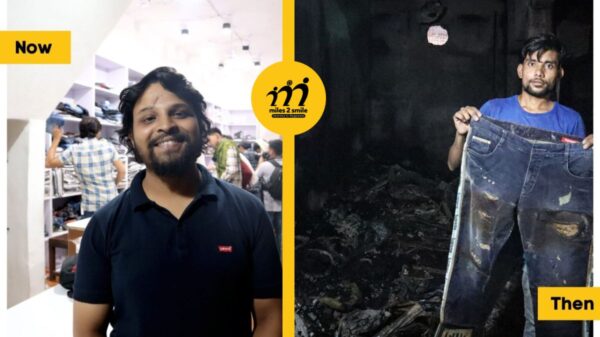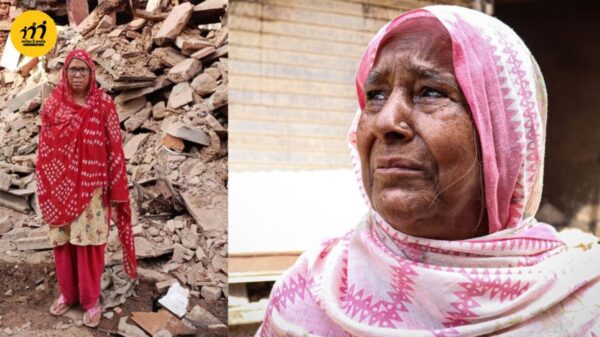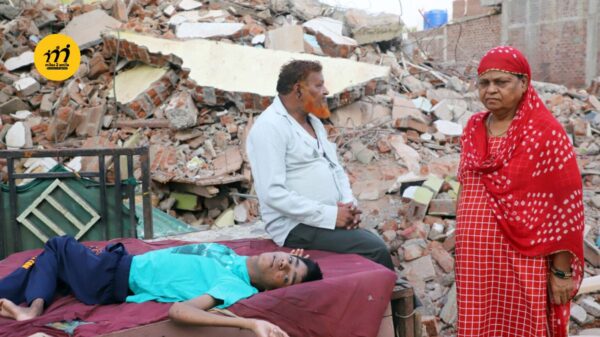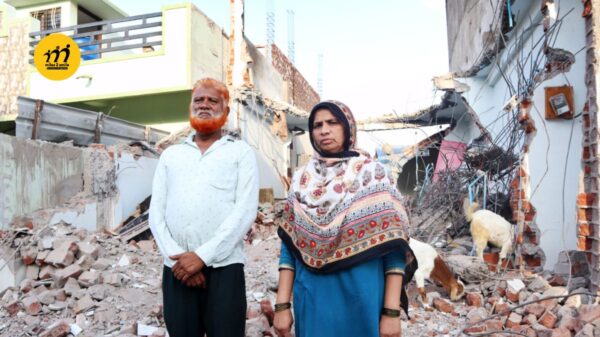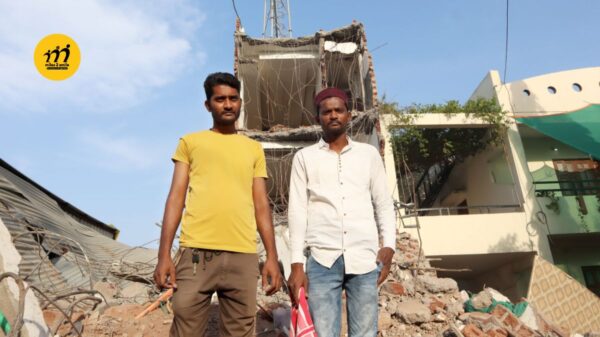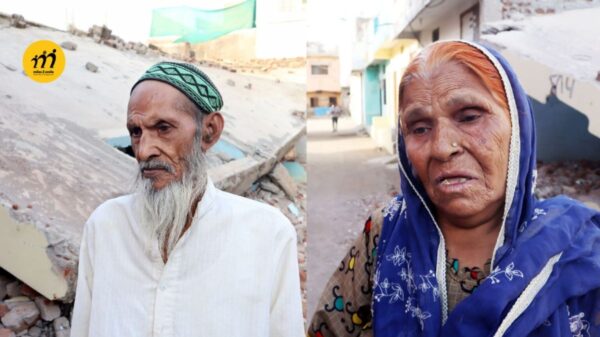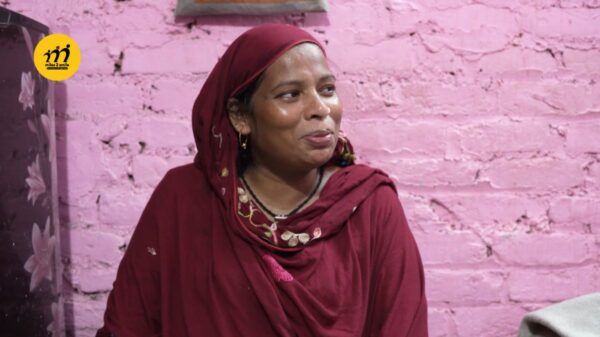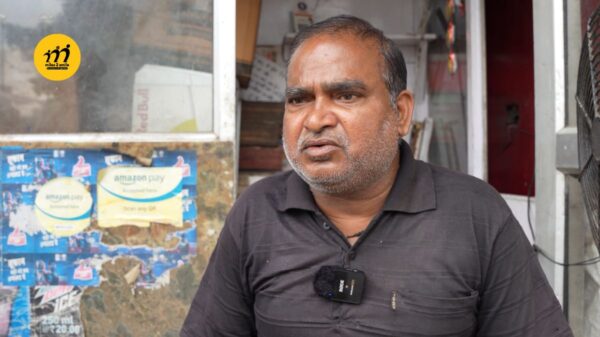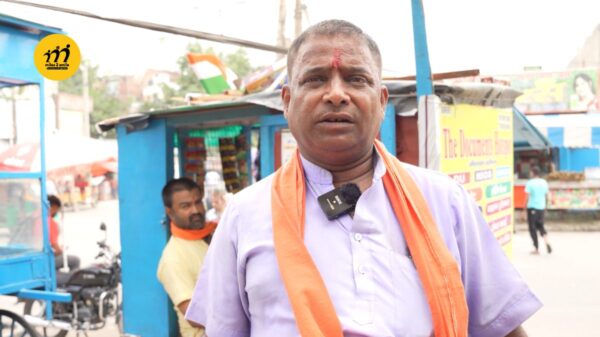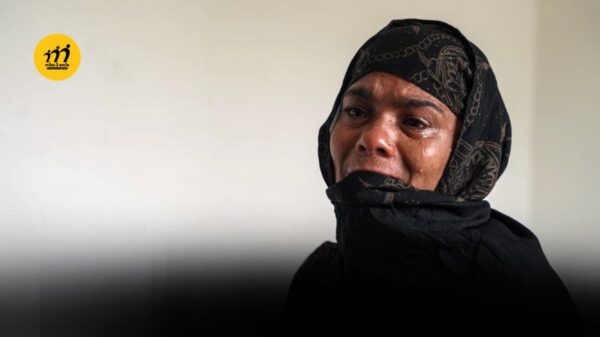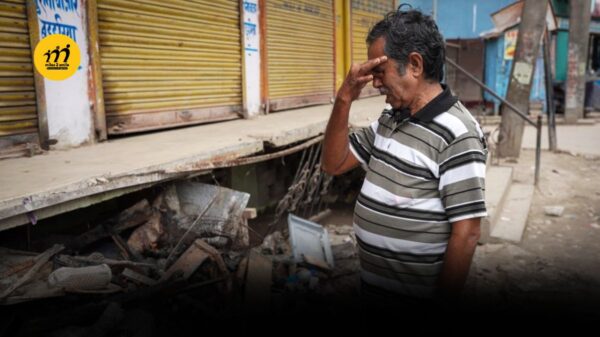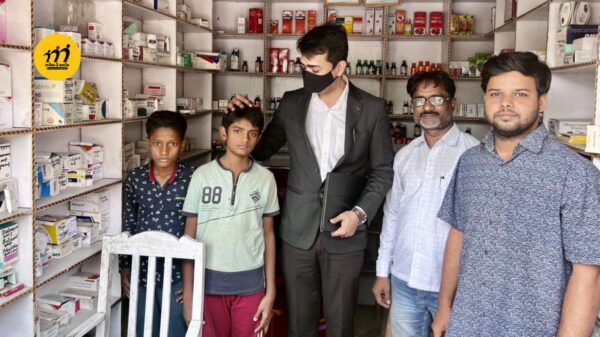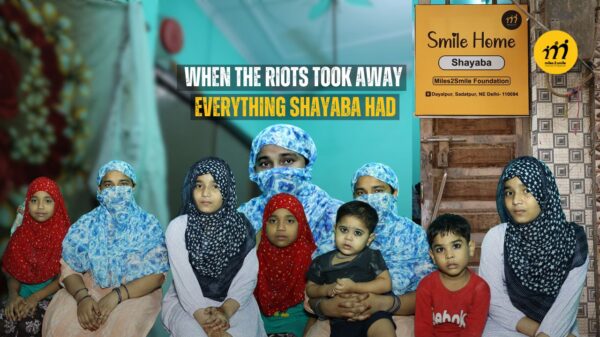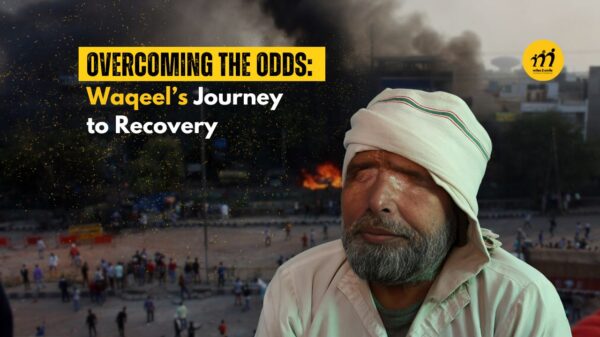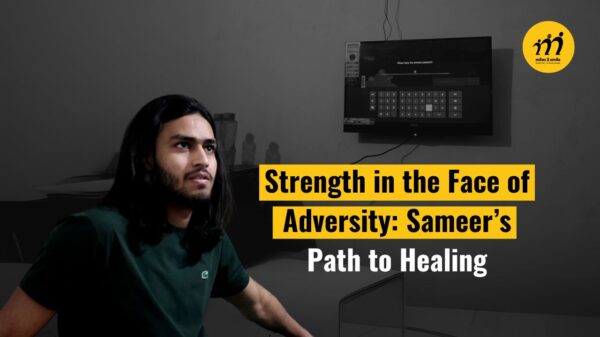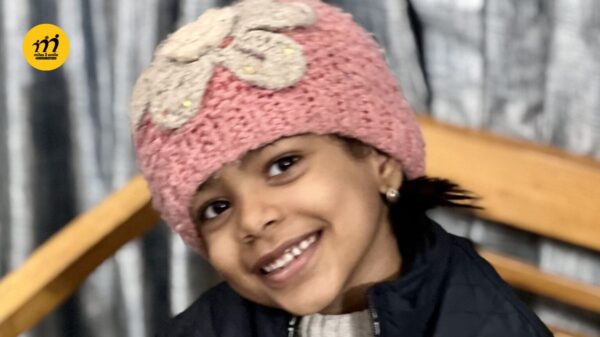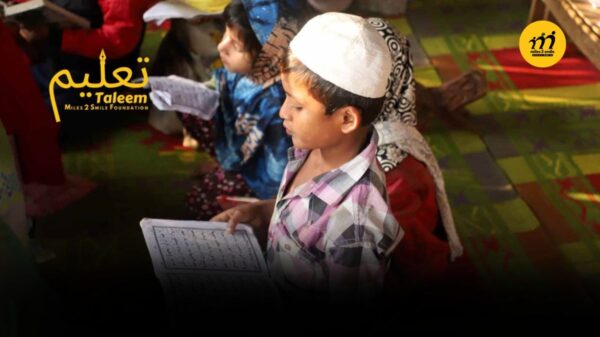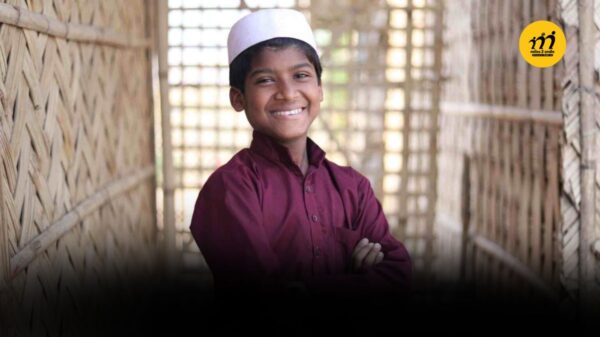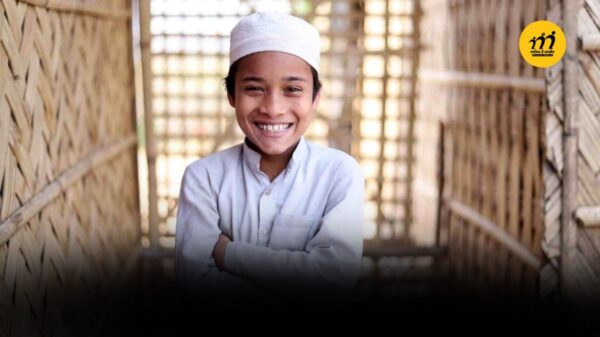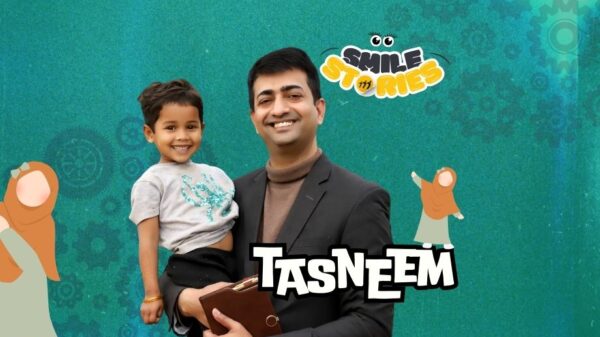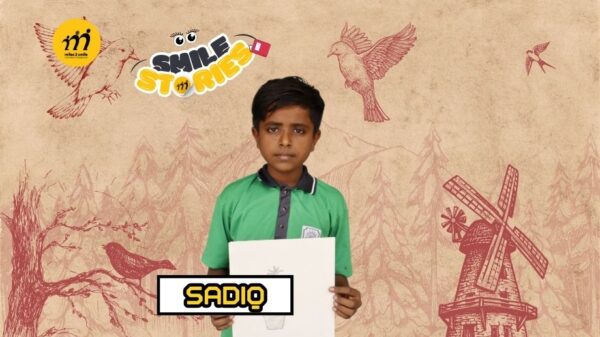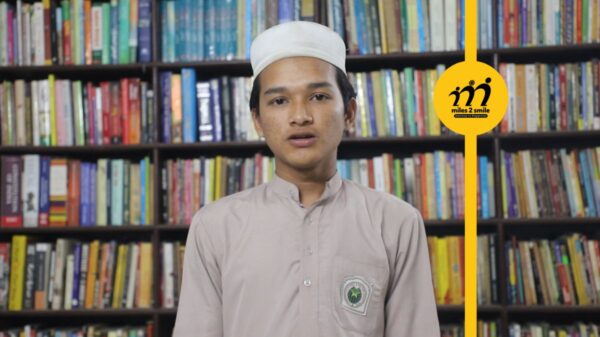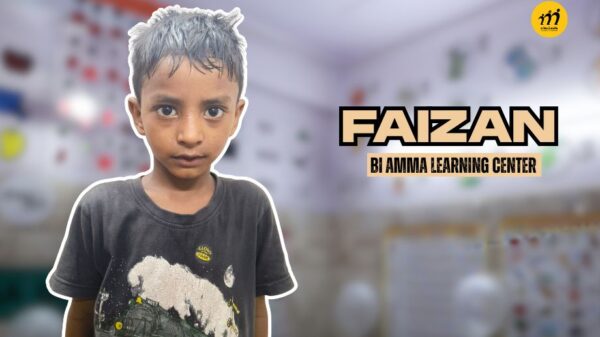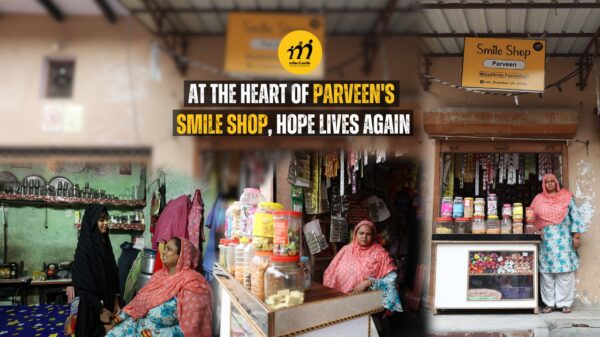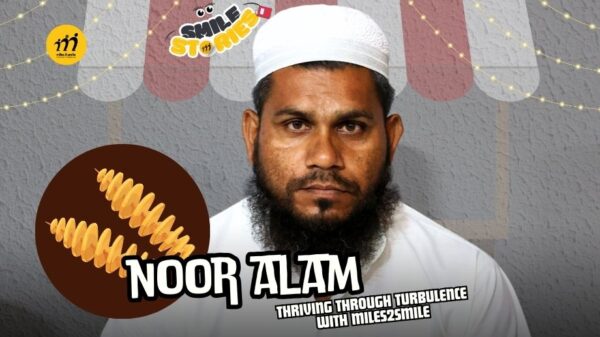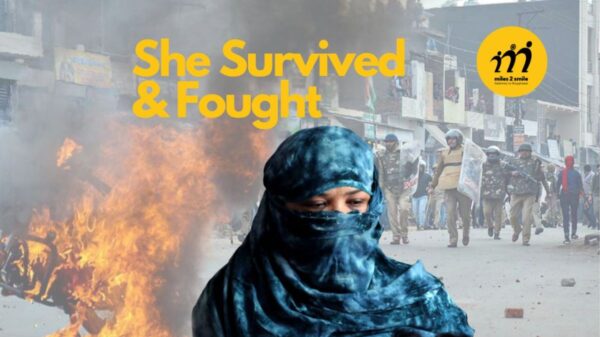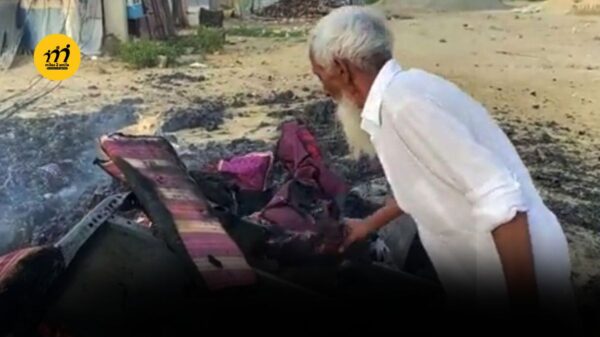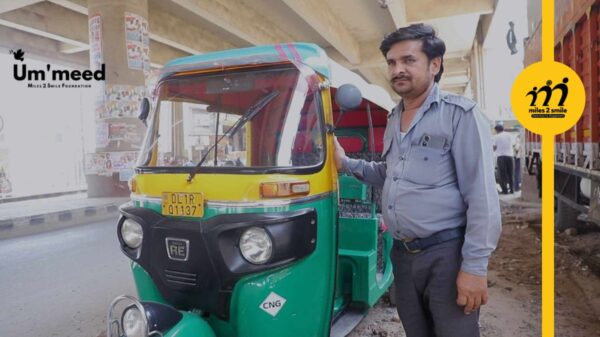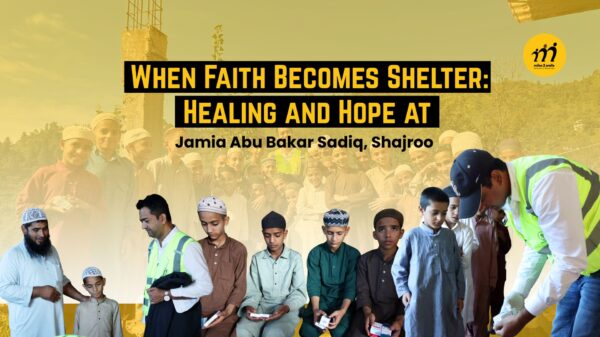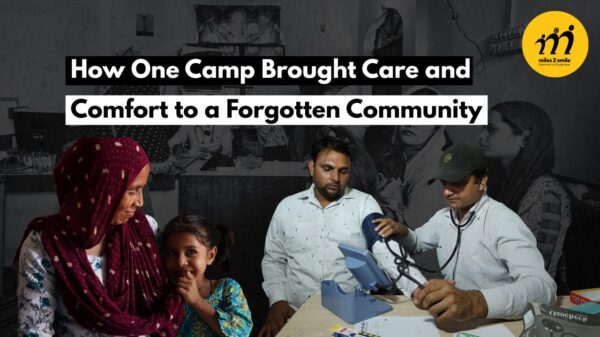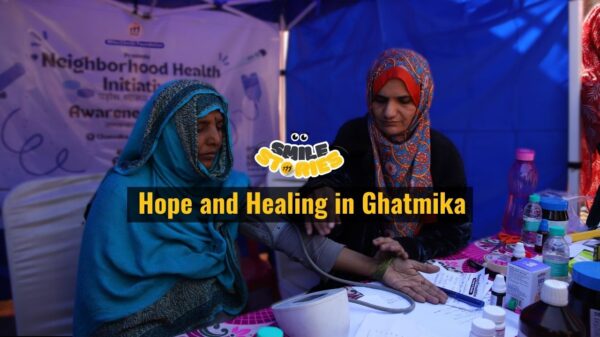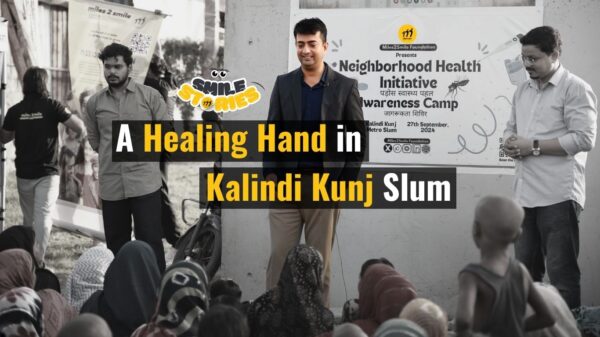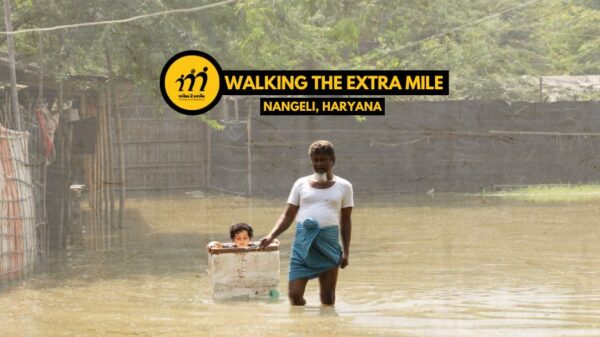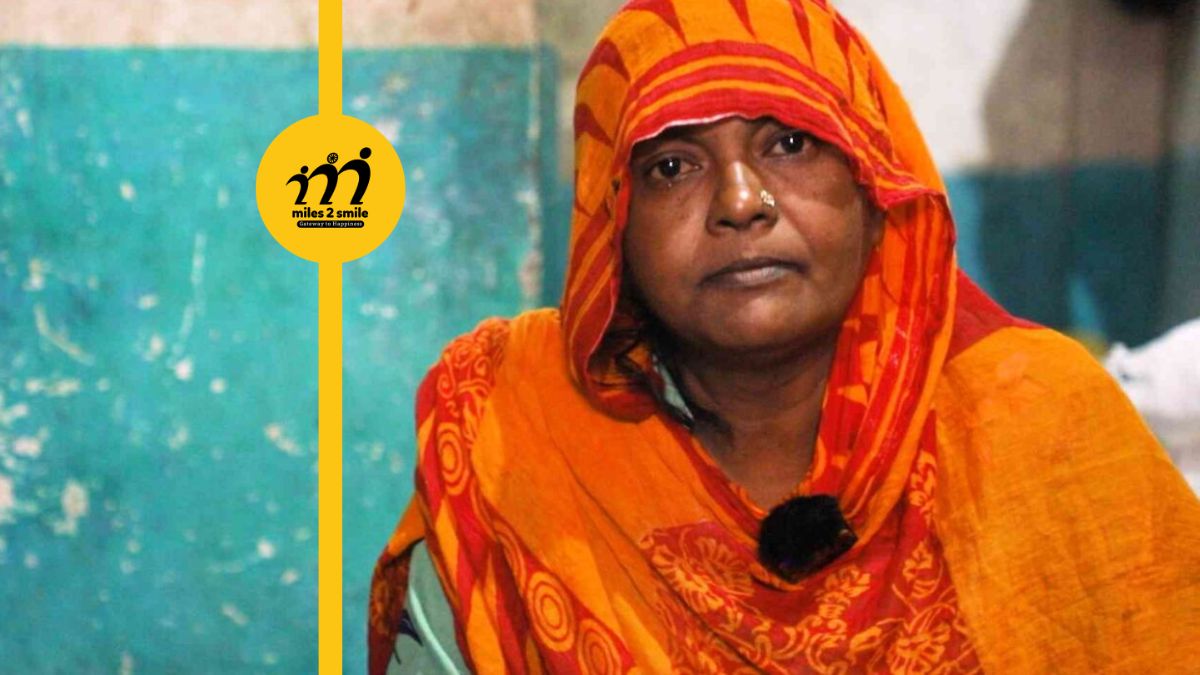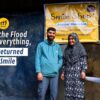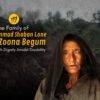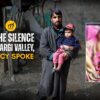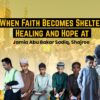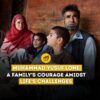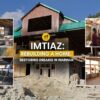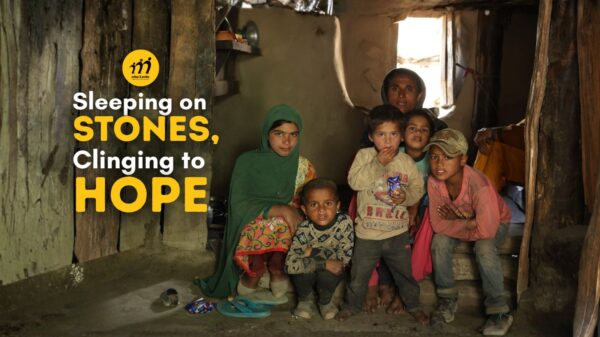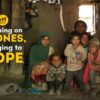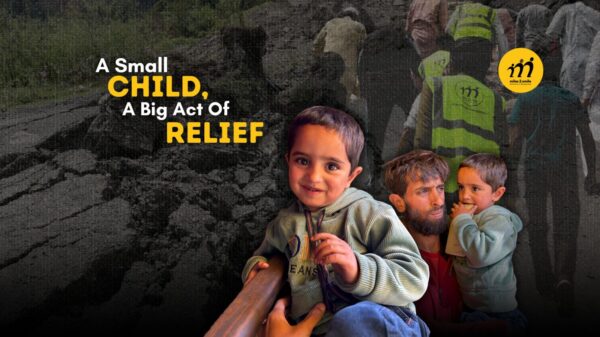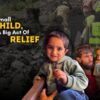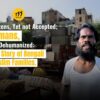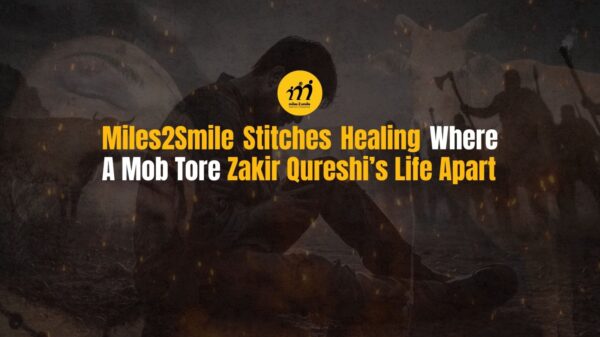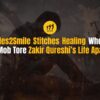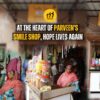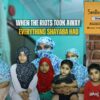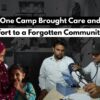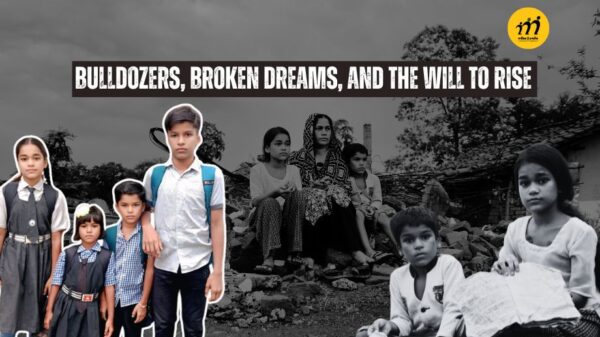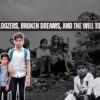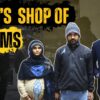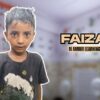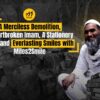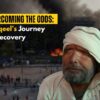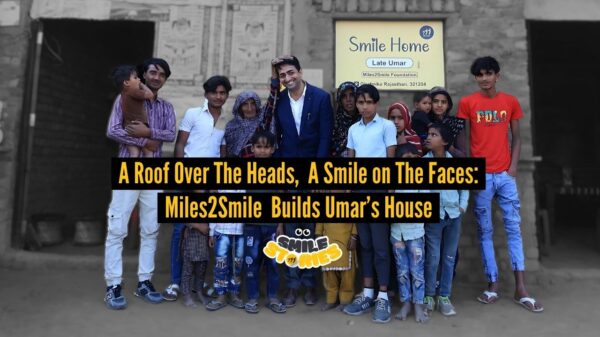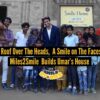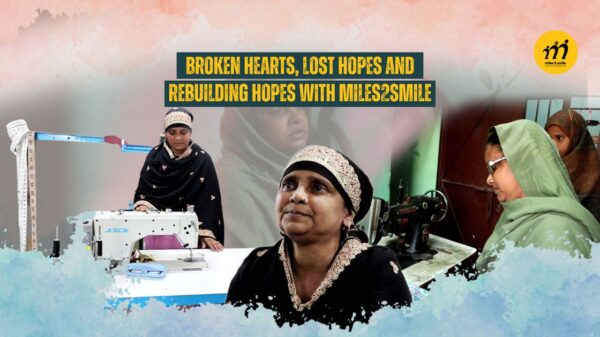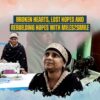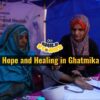For Muslims around the world, the holy month of Ramadan emanates happiness and joy – with the planning of sehri and iftar beginning weeks before in the households.
For Muslims around the world, the holy month of Ramadan emanates happiness and joy – with the planning of sehri and iftar beginning weeks before in the households. For Ibris’ family, however, the month of Ramadan has become a reminder of the hate crime that altered their lives forever. It permanently etched a painful mark on their hearts.
Ibris, a resident of Khargone, Madhya Pradesh, left his home at 6.30 p.m., just a few moments before the time to break the fast with an iftar plate in his hand to deliver it to his uncle.
This happened on 10th of April. The family was worried about his whereabouts when he did not return home. To make matters worse, Khargone was disturbed with disruptions caused due to religious clashes that day, as the dates of Ramnavami and Ramadhan coincided this year.
Ibris mother’s anxiousness heightened as they were not able to find out any information about his whereabouts and meanwhile the situation in the town was escalating. They could not search for him further since a curfew was imposed in the town shortly after; leaving them deprived of any news about Ibris.
Next day, on 11th April, Mumtaz left her house between 10 am and noon when the curfew was relaxed. She would then search desperately for her son, rushing on foot, but returned with no clue. Whenever Mumtaz went out to search for her son, the police would send her back, saying, ‘chalo ghar jao, tumhara beta aa jayega; abhi curfew hai’ (go home, he will be back; curfew is on now)”
The entire family searched for Ibris in different directions, twice a day. From mortuaries of government hospitals to unclaimed bodies of people, the family left no stone unturned in their search for Ibris. They even scanned all the nalas, jails, rivers and brick kilns. Unfortunately, all they met with was despair, as there was no sign of Ibris.
Then finally after four days of hopeless search, they decided to lodge a complaint at the local Police Station.
A week later, despair had pushed deeper into her heart when she was informed to retrieve her son’s dead body 120 kilometers away at the M Y hospital morgue in Indore. For Mumtaz, it was like the sky falling on her.
“Ibris never returned home to break the fast with his family”.
Ibris was a victim of the communal violence that erupted in the Khargone district of the state of Madhya Pradesh during the time of Ramnavami and the month of Ramadan, both of which coincided after nearly 33 years.
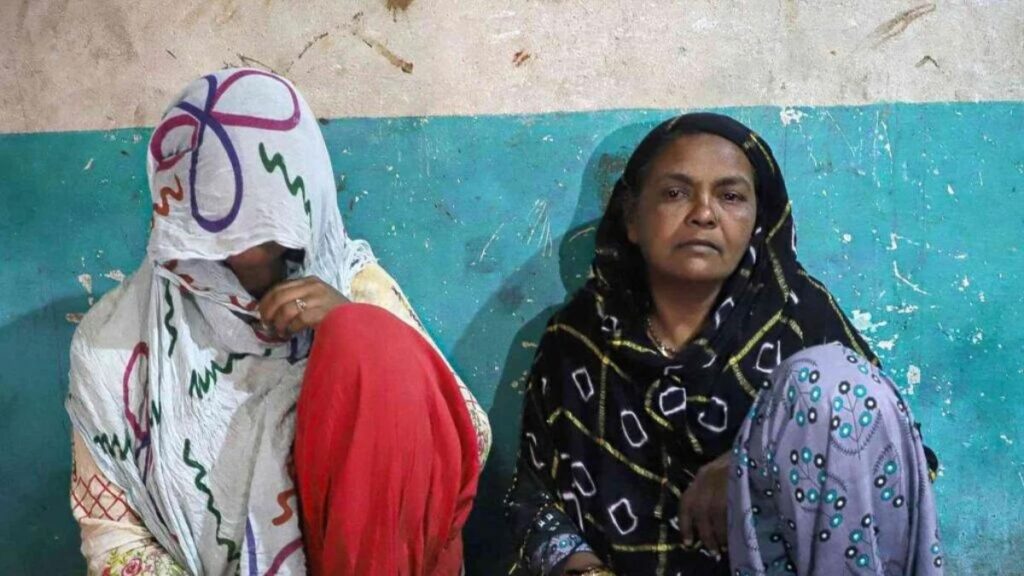
With every person who becomes a victim of hate, an entire family finds their world turning upside-down. The unfortunate death of one person is subsequently linked with the misery of all those related to him.
Remembering the disastrous incident that changed her entire life, Mumtaz’s face was impassive as she told the excruciating story of her son’s death.
His wife, Muskaan, was wishing for the return of her husband against all odds when he disappeared. And how could she not? The couples were blessed with a toddler son who had just learnt to call Ibris “abbu” or dad. Now, Muskaan has the responsibility of looking after the child by herself. Their dreams and wishes were snatched from them – Muskaan, who must have thought of having a beautiful family and her son, who deserves to have the shade of his father over his head. The world is a different place for the two of them after the frightful incident.
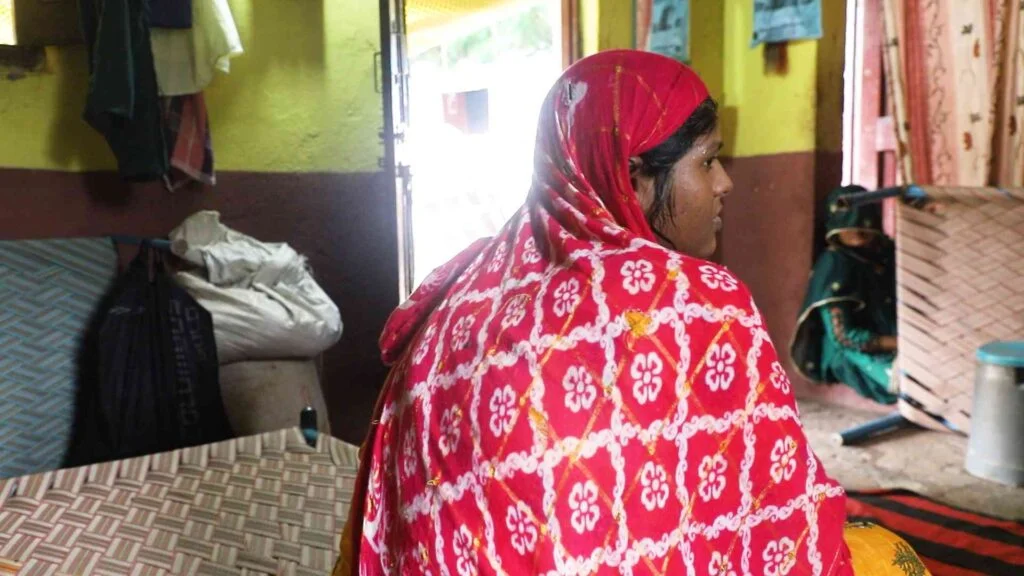
There are many stories that emerged post – Khargone violence. Though it is easy to restore normalcy in the external environment, the lives of the people who are affected by such incident’s change in manifold ways. Nevertheless, life has to go on for everyone. Ibris was the only breadwinner in the family of four. He worked as a Safai Karamchari with the local municipality and earned a meager wage of 3000 rupees a month.
Miles2miles tried to extend help and support towards the grieving family by contributing to our best potential. We assisted Mumtaz and her daughter-in-law with five-lakh rupees to support them in meeting their immediate needs both in the short term and in the long term by building a source of income for the family. Ibris’ mother was grateful for the help she received while we felt only gratitude that we were able to bring brief moments of a smile on a mother’s face who had lost her son to hate.
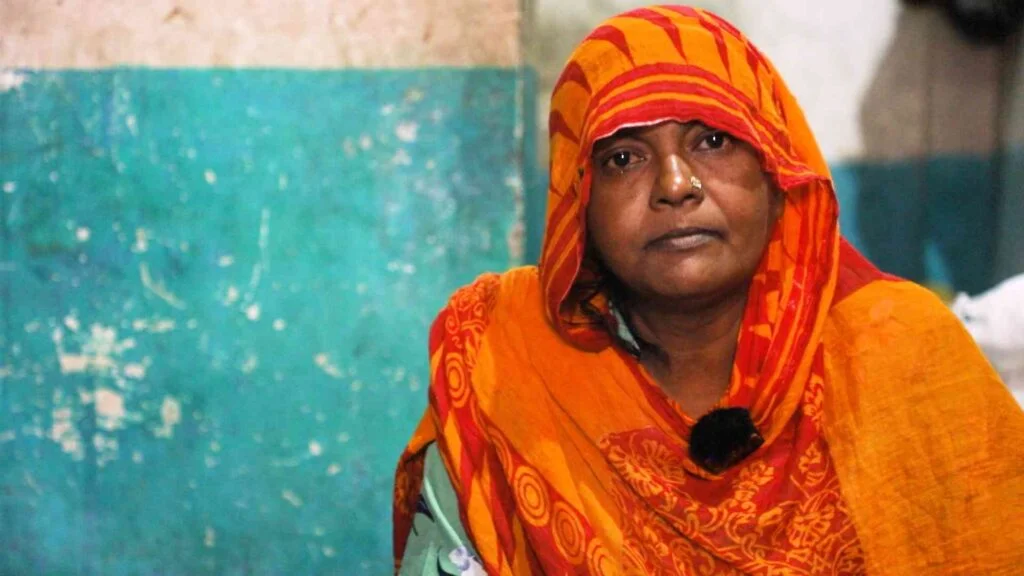
“Ibris was the first reported casualty in Khargone violence. According to post-mortem reports, he died of severe head injuries. His mother and wife accused police of keeping his death a secret. A fact-finding report also stated that police had deliberately suppressed his death for seven days in order to make way for the administration’s one-sided demolition drive that only targeted Muslims.”

